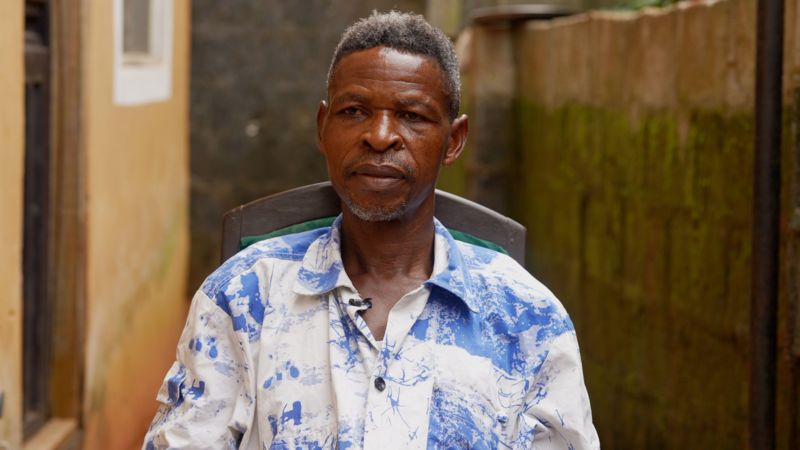Nigeria: Reducing The Cost of Irrigation Farming


Irrigation farming allows a nation to produce food all year round thereby doubling the amount of food produced.
However, despite the enormous available potential, the United Nations Food and Agriculture Organisation (FAO) said 80 percent of farmland worldwide is not irrigated.
High cost of irrigation equipment, ineffective and wasteful irrigation techniques have made efficient irrigation difficult for many farmers across sub-Saharan Africa.
The state of Nigeria irrigation schemes
Nigeria has huge potentials for irrigation with dam projects spread all over the country. However, most of the dams – the ones that government has invested on – are either abandoned for years or are less than 50% utilised.
Professor Ibrahim Umar Abubakar, Director, Institute for Agricultural Research, Ahmadu Bello University Zaria, who is also an irrigation expert, shared his thoughts in an exclusive interview with Daily Trust.
“Go to any irrigation scheme like the Hadeja-Jama’are river project, the utilisation of the project is just about 50% and this is an irrigation project that is driven by gravity -you don’t have to buy any fuel to pump in water,” he said.
The Zobe dam in Dutsin-Ma in Katsina, which was constructed 40 years ago has very little irrigation activities going on there – the dam, water, everything is there unutilised. At the Jibiya dam also in Katsina State, the utilisation is no more than 40%.
Also, at the Bakolori Irrigation dam at Talata Mafara in Zamfara State, under the Sokoto Rima Water Project established during the Shagari regime, the area cultivated is not commensurate with the amount of water in the dam.
The Doma dam in Nasarawa State under the Lower Benue River Basin Authority is similarly underutilized.
Cost of Irrigation
Professor Abubakar stressed that the cost of irrigation is high if dams are driven by pumps. The Jibiya dam for example is not gravity based irrigation, it is pump-based, water has to be pumped by
big diesel-driven pumps such that every day the irrigation managers have to buy diesel to be able to pump water to farmers.
“This pump-based irrigation requires a lot of money to buy diesel and you know diesel in this country is very expensive,” the expert noted.
How government can design cost effective irrigation scheme
The IAR director, who has worked as expert on irrigation for many years, suggested that to reduce the cost of irrigation, the design of irrigation dams should be gravity-based so that water can flow by gravity, adding that “you don’t have to buy pumps and diesel to pump the water.”
The other way to reduce the cost of irrigation is to reduce the cost of diesel itself.
“In other countries where development is the goal of government, where government is thinking of agriculture, diesel is always half the cost of petrol. In Saudi Arabia for example, diesel is half the cost of petrol. In many other countries, the cost of diesel is always lower than the cost of petrol – do you know why – diesel is used in transporting goods and if the cost of goods is low, the economy will be better.
“Diesel is used in all agricultural heavy machinery – tractors, caterpillars – all heavy machinery. So if the cost of diesel is improved, the economy will improve,” he said.
He noted that farmers using irrigation will fare better because the cost of diesel is low and the cost of irrigation will naturally come down.
How farmers can reduce costs in their farms
Professor Abubakar, advised that another way farmers can reduce the cost of irrigation is to adopt ‘Deficit Irrigation,’ which ensures that you irrigate only at the time the crop needs water. “You just timed the critical period of water needs and irrigate only on those times. In this case, you minimize the number of irrigation you give to your crops and still achieve high yield.”
He stressed that the concept of deficit irrigation needs to be propagated to farmers because “our farmers have the tendencies to irrigate all the time. They believed that more water means more yield, which is not correct.
“The concept of more water, more yield is not correct, because if you over irrigate, it will even bring about reduction in the yield. Irrigation scheduling concept should be propagated to the farmers so that a farm should be irrigated only when the crop needs it.”
The researcher worried that most times when farmers see water, they irrigate, pointing out that the high frequency of irrigation also contributes to the high cost of irrigation.
Credit: All Africa










